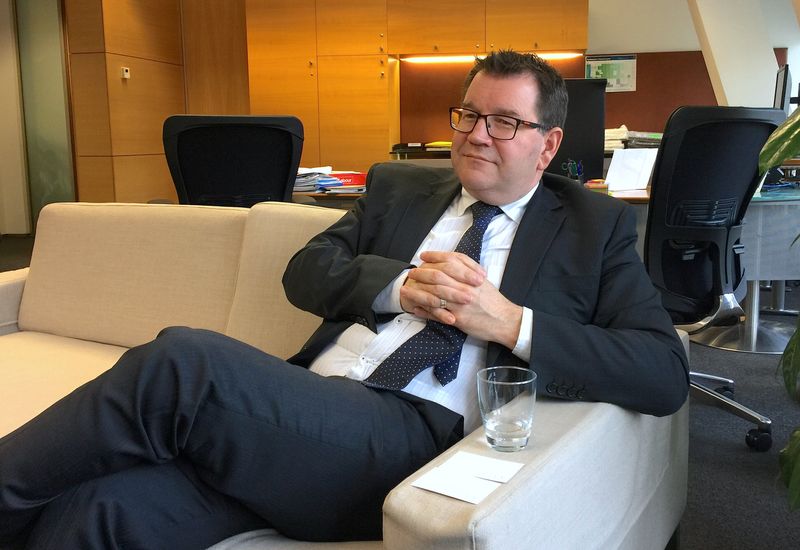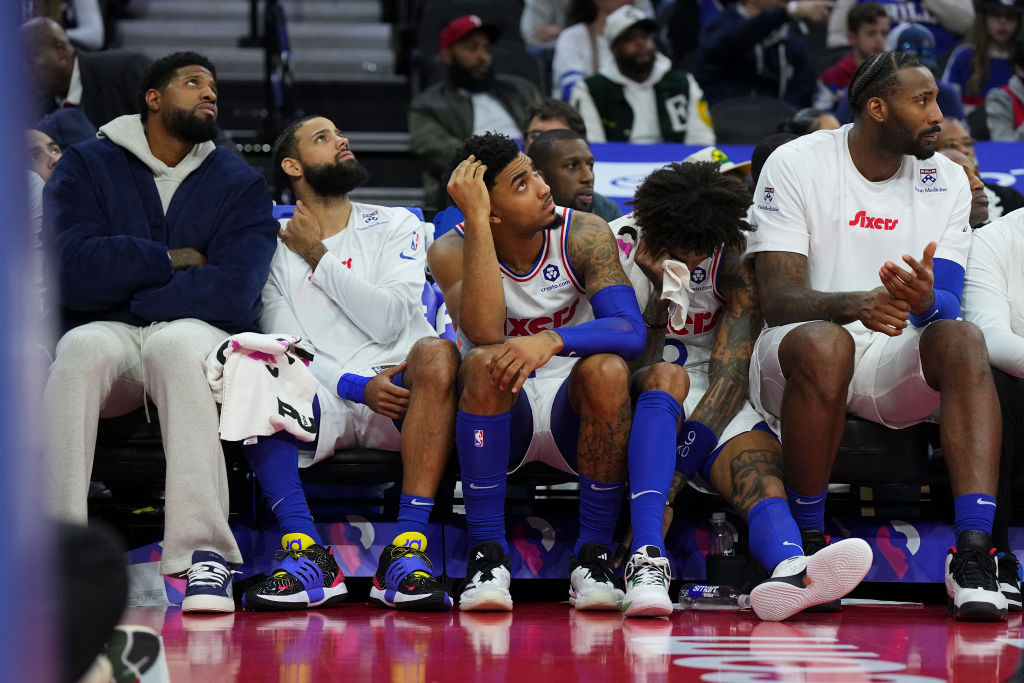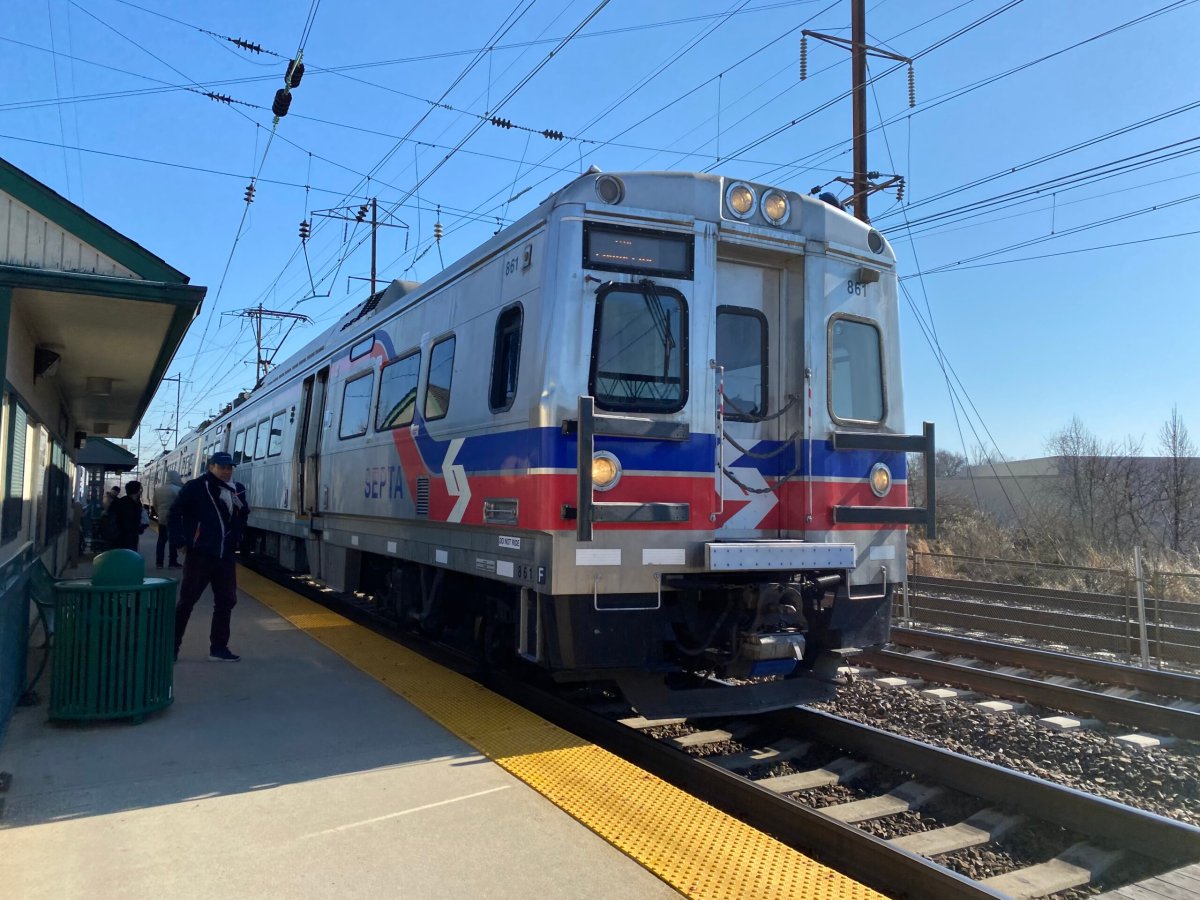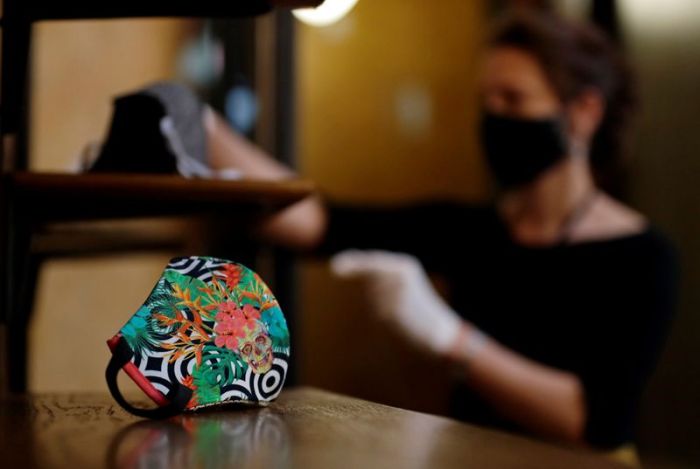WELLINGTON/SYDNEY (Reuters) – New Zealand is considering distributing free cash directly to individuals as a way of policy stimulus to help boost the economy reeling from a COVID-19 pandemic driven contraction, Finance Minister Grant Robertson said on Friday.
At a regular news conference Robertson was asked to share details about the government’s plans for launching ‘helicopter money’ – whether it would be the central bank printing money and distributing it or the government increasing its borrowing and then handing it out.
Robertson said the concept was being discussed but “it’s not something that has got to that level of discussion at all.”
“I am pretty keen on making sure that fiscal policy remains the role of the government,” he added.
The idea of helicopter money, or dumping cash unexpectedly onto a struggling economy, is slowly gaining currency among economists and policymakers as the pandemic looks to inflict the worst blow to global growth since the Great Depression in the 1930s.
None of the wealthy countries have embarked on it, though, citing risks such as central bank independence and the risk of flaring long-term inflation.
In a helicopter money drop, a central bank would directly increase the money supply and, via the government, distribute the new cash to the population with the aim of boosting demand and inflation.
The extra cash will be a boon for New Zealand’s export-reliant economy which is expected to contract a massive 21.8% in the current quarter due to the shock from the outbreak and tough measures to contain it. [nL4N2CV0M8]
In a bid to cushion the blow, the Reserve Bank of New Zealand (RBNZ) has slashed its official cash rate to a record low 0.25% and doubled its bond buying programme last week to NZ$60 billion ($36.7 billion) and flagged a potential shift to negative interest rates.
The government is also splashing out cash, having appeared to have contained the coronavirus after one of the strictest lockdowns that lasted more than a month.
(This story has been refiled to add dropped word in last paragraph)
(Reporting by Swati Pandey; Editing by Kim Coghill)

























